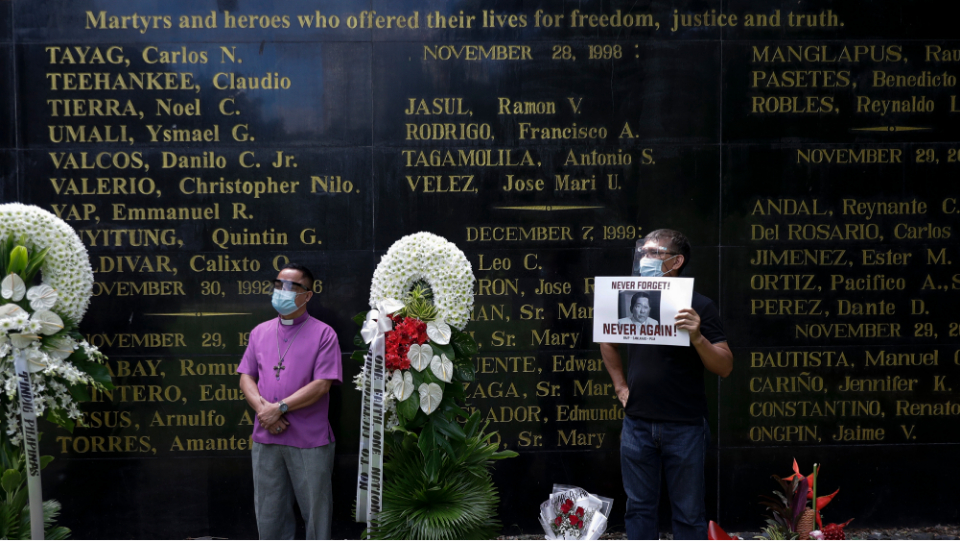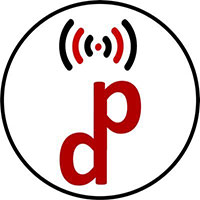
Just days ahead of the inauguration of President-elect Ferdinand “Bongbong” Marcos, Jr., “red tagging” has re-emerged as a national debate in the Philippines. In what is being seen as a possible shift in attitudes within the ruling dispensation, Menardo Guevarra, Justice Secretary in the outgoing Rodrigo Duterte administration, called the practice of red tagging dangerous.
Speaking at an online news forum, Guevarra said that the practice endangers people who are “vocal about their own political views.” Red tagging is a controversial practice employed by the state security apparatus and anti-insurgency agencies of labeling individuals or groups as affiliated with the banned Communist Party of the Philippines (CPP) or its armed wing, the New People’s Army (NPA). The CPP and the NPA are Maoist organizations, that have become a convenient tool for the government to use to smear activists in a range of unaffiliated movements.
The practice often leads to harassment and even violent attacks by government bodies and vigilantes, often without substantial evidence. Numerous killings of activists, trade unionists, Indigenous leaders, and local journalists by the security forces or armed vigilantes have been attributed to unsubstantiated accusations of communist affiliations made by state agencies.
Guevarra’s comments come within a week of similar statements made by Clarita Carlos, the incoming National Security Adviser to Marcos, Jr. Carlos, a professor at the University of the Philippines, asked the top anti-insurgency agency NTF-ELCAC, a legacy of the Duterte administration, to stop red tagging.
Both Guevarra and Carlos argued that there is ample evidence to show that a militaristic approach towards insurgency never works. Some observers are reading these comments as a possible policy shift on the horizon as Marcos, Jr, is set to take the presidency on June 30.
But recent experiences of social movements and land defenders facing a fresh onslaught of red-tagging attempts and consequent harassment suggests otherwise. Earlier this month, the Center for Environmental Concerns-Philippines (CEC), as well as the Kalikasan People’s Network for the Environment (Kalikasan PNE), faced constant harassment from the local police. The groups have raised fears of a looming crackdown.
“We fear that this is the beginning of a crackdown against land and environmental defenders under the incoming authoritarian Marcos-Duterte regime,” said Kalikasan PNE in a recent statement. Both groups work with grassroots environmental and land defenders in the Philippines and have had many attacks directed against them in the past from authorities.
In a report released in March, Kalikasan PNE pointed out that red-tagging incidents had multiplied five-fold as the election campaigns began in February. According to their figures, attacks on environmental defenders increased 350%, and the number of those under attack increased by 483% in February alone.
The fear of a crackdown was further exacerbated after the mass arrest of 83 farmers and activists on June 9 at a protest demanding the right to till near the town of Concepcion in northern Philippines. The arrests were widely condemned by environmentalists and rights groups, with many fearing that bigger crackdowns could be possible before Marcos, Jr., takes over from Duterte.
This article appeared on www.peoplesdispatch.org.










